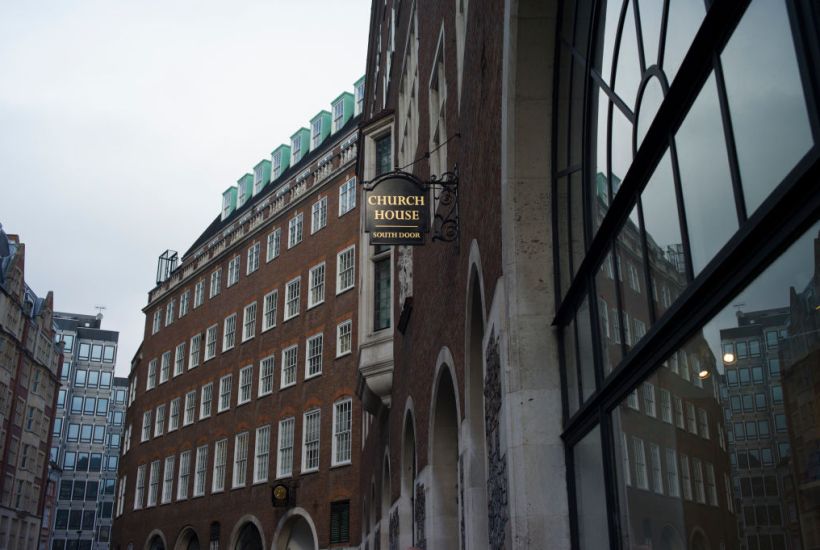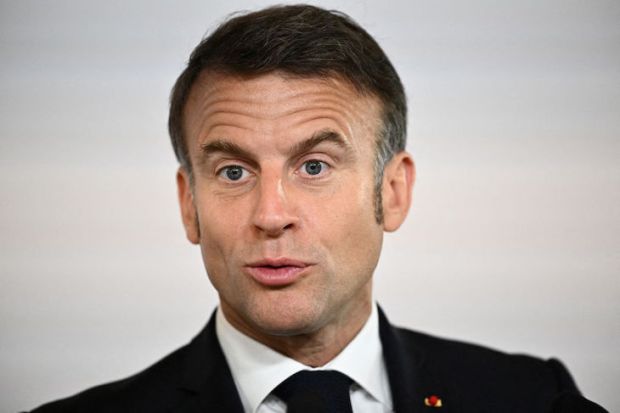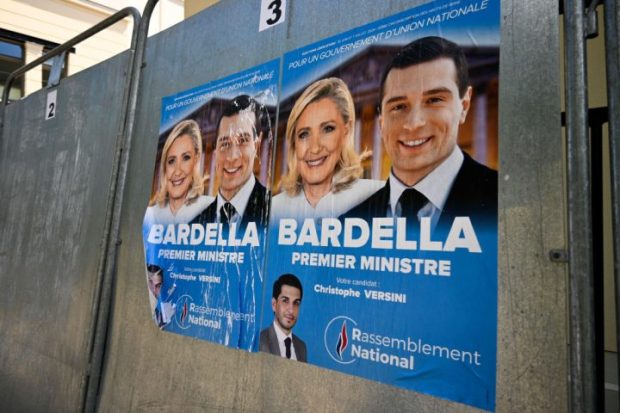The Church of England’s Synod is debating the war in Ukraine today. There will be a vote on a motion that sounds uncontentious: Synod affirms the peace-making efforts of various churches, calls for the highest possible protection of religious freedom, and calls for UK political parties to work for a peaceful international order.
Already a subscriber? Log in
Subscribe for just $2 a week
Try a month of The Spectator Australia absolutely free and without commitment. Not only that but – if you choose to continue – you’ll pay just $2 a week for your first year.
- Unlimited access to spectator.com.au and app
- The weekly edition on the Spectator Australia app
- Spectator podcasts and newsletters
- Full access to spectator.co.uk
Or




















Comments
Don't miss out
Join the conversation with other Spectator Australia readers. Subscribe to leave a comment.
SUBSCRIBEAlready a subscriber? Log in